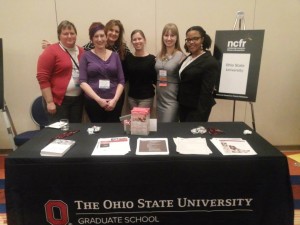One of my favorite events each year at Ohio State is the Denman Undergraduate Research Forum. In 2015 the Denman forum celebrated its 20th year, with over 600 students from acros the university presenting their research. The forum is supported by OSU’s Undergraduate Research Office, which is a hub for students who are interested in enhancing their undergraduate experience at Ohio State by conducting research. At the URO website, students can connect with researchers looking for student assistants and find funding for their research.
I am always pleased to see the high level of participation of HDFS students, faculty, and staff in undergraduate research. In 2015, HDFS students, faculty, and staff participated in six projects presented at the Denman:
Quinn Bailey, HDFS student, presented “Experiences of adolescents participating in Operation: Military Kids.” Quinn’s advisors are Sarah Schoppe-Sullivan and Sarah Lang (HDFS), and Theresa Ferrari (OSU Extension).
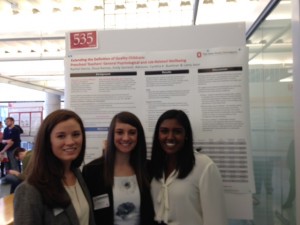
Rachel Garcia, Emily Sorrenti, and Divya Ramoo
Rachel Garcia, HDFS student, presented “Extending the definition of quality childcare: Preschool teachers’ general psychological and job-related wellbeing.” Her co-authors were two Psychology students: Emily Sorrenti and Divya Ramoo. Their advisors are Cynthia Buettner and Lieny Jeon (HDFS). Rachel, Emily, and Divya’s poster received a second-place prize in the Psychology category.
Treg Mallory, HDFS student, presented “Youth sport participation.” Treg’s advisor is Mike Betz (HDFS).
Colin McGinnis, HDFS student, presented “Caregiver and teacher ratings regarding young children’s development: Validity and factors predictive of disagreement.” Colin’s advisor is Shayne Piasta (T&L). Colin’s poster received a third-place prize in the Business/Education and Human Ecology/Speech and Hearing Science category.
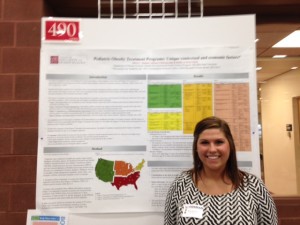
Olivia Zimmer
Marilyn Wende, Psychology student, presented “Maternal depression and autobiographical memory in mothers and their children.” Marilyn’s advisor is Xin Feng (HDFS).
Olivia Zimmer, HDFS student, presented “Pediatric obesity treatment programs: Unique contextual and economic factors.” Olivia’s advisor is Keeley Pratt (HDFS).
[We look forward to having Rachel Garcia and Olivia Zimmer join us as new doctoral students this fall!]
In addition, four faculty or research staff members were nominated by students for the 2015 Outstanding and Distinguished Undergraduate Research Mentor Awards: Xin Feng, Sarah Lang, Keeley Pratt, and Sarah Schoppe-Sullivan.
And last but not least, I saw numerous HDFS faculty and staff members, and even a number of our graduate students, judging at the Denman forum.
This is an impressive level of involvement, especially for a modest-sized program. These research experiences mean a lot to students – In the words of Quinn Bailey, ““This has been the highlight of my undergraduate education.”
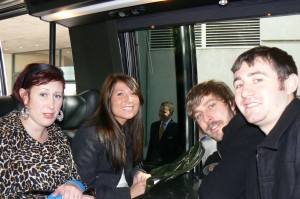 e-taking. To be an effective teacher and mentor you need to see things from the student’s perspective. Get to know your students. Remember what it is like to be in college or in graduate school. For example, I can remember skipping class and reading the newspaper during boring classes in college. I even fell asleep in a graduate course. While admitting this causes me more than a bit of embarrassment now, these experiences help me have more empathy for students when they are tempted to surf the internet during class or seem clueless about proper email etiquette.
e-taking. To be an effective teacher and mentor you need to see things from the student’s perspective. Get to know your students. Remember what it is like to be in college or in graduate school. For example, I can remember skipping class and reading the newspaper during boring classes in college. I even fell asleep in a graduate course. While admitting this causes me more than a bit of embarrassment now, these experiences help me have more empathy for students when they are tempted to surf the internet during class or seem clueless about proper email etiquette.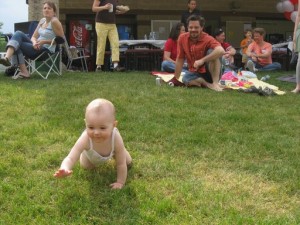 s and other students in front of their own students. Keep it classy, people.
s and other students in front of their own students. Keep it classy, people.
